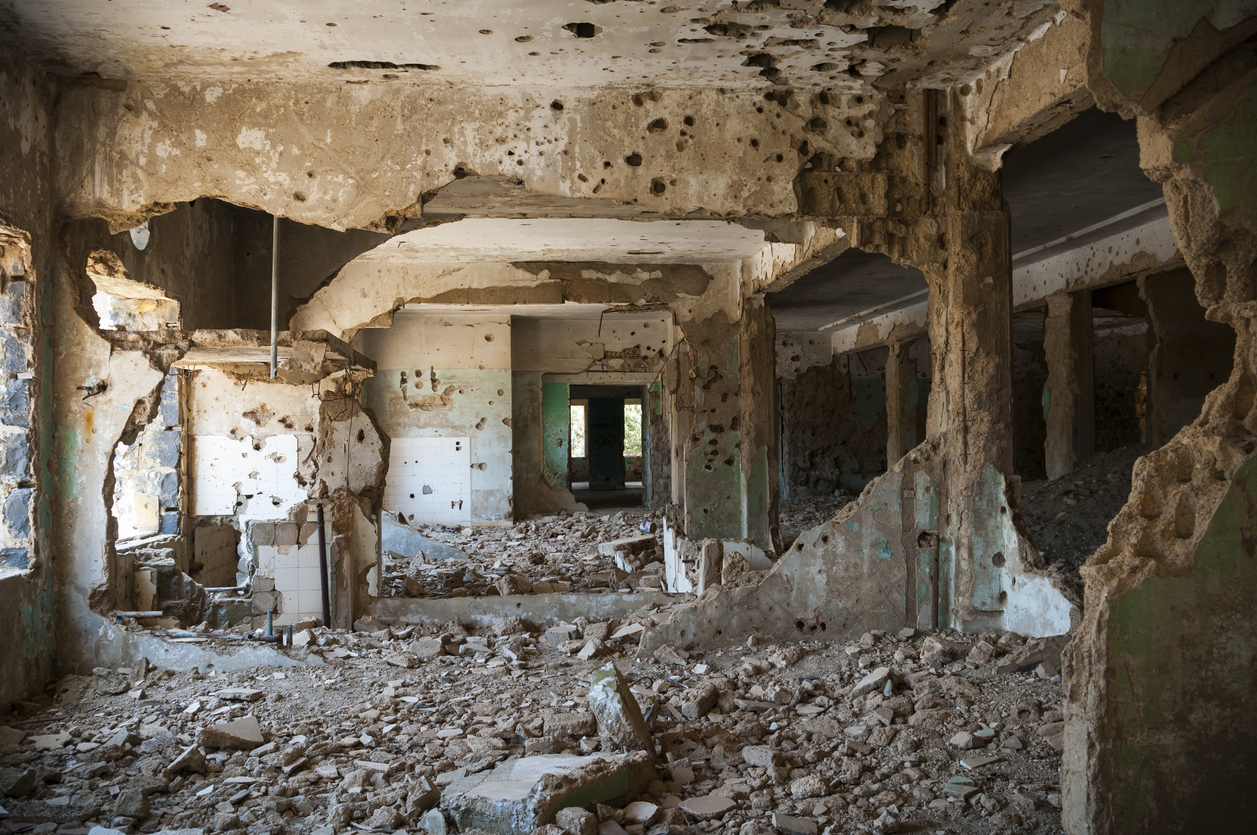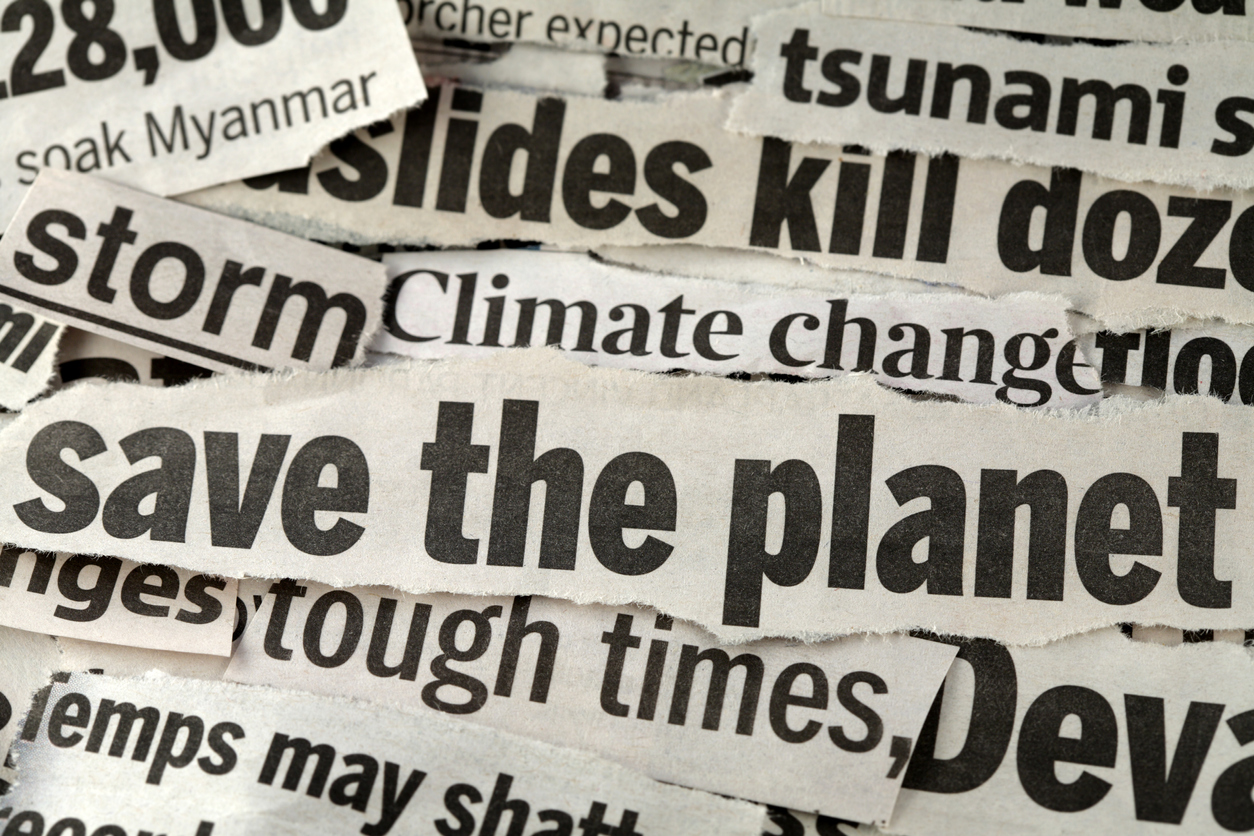There is a strong economic case for climate resilience and reducing the risk of disasters, UN Secretary-General António Guterres said in a message to mark the International Day for Disaster Risk Reduction, which falls on Sunday.
Mr. Guterres pointed out the “horrendous suffering” that disasters can inflict, and the decades of development gains wiped out “in an instant”. He added that climate resilience and disaster risk reduction must be central to the trillions of dollars that will be invested in new housing, schools, hospitals and infrastructure over the coming decade.
As well as being the “right thing to do”, because it can ease and prevent human misery, investing in climate resilience has a positive economic effect, said the UN chief: it creates jobs, saves money and, for every dollar invested, six dollars can be saved.
Mr. Guterres called for greater focus on urgent climate action, increased ambitions, and for disaster risk reduction to be at the heart of the “Decade of Action”, leading up to the deadline for the UN’s 2030 Agenda for Sustainable Development.
The 2019 theme of the International Day focuses on reducing damage to critical infrastructure, and disruption of basic services. The theme is a reference to one of the seven targets of the 2015 Sendai Framework, a major agreement on reducing disaster risks, adopted at the Third UN World Conference on Disaster Risk Reduction in Sendai, Japan.
The International Day was first marked in 1989, after the General Assembly called for a day to promote a global culture of risk-awareness and disaster reduction. The day celebrates how people and communities around the world are reducing their exposure to disasters and raising awareness about the importance of reining in the risks they face.
This article appears courtesy of the United Nations





